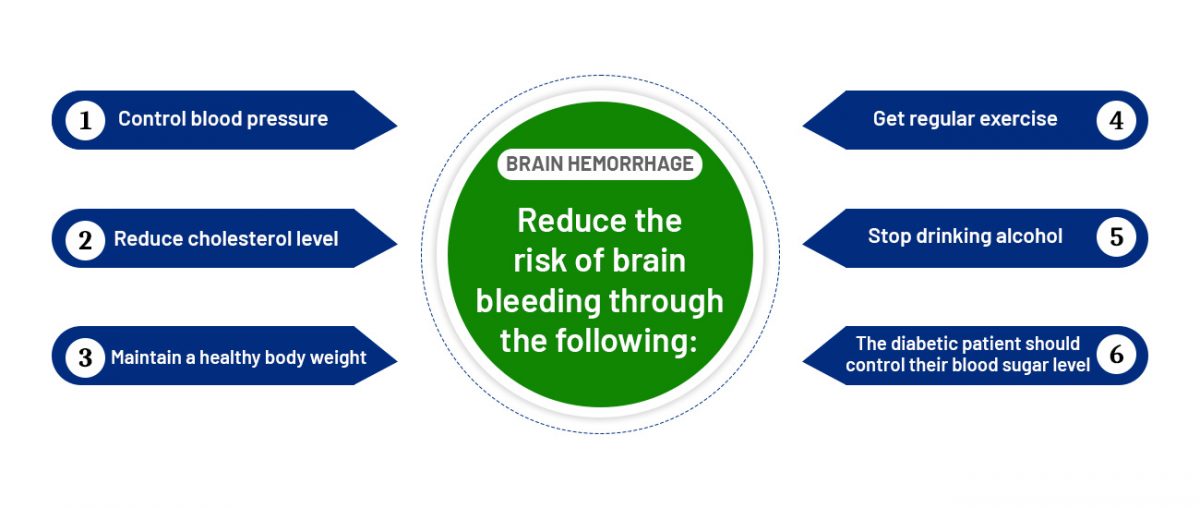You can consider brain hemorrhage a typical kind of stroke that comes in front when your internal brain arteries burst or rupture in the nearby internal brain tissues. This blood starts flowing and building various layers between your brain and skull. This collection of blood pressurizes your brain tissues and destroys them. To prevent yourself from this condition, you must opt for Brain Hemorrhage Treatment in Punjab. Some masses also know this condition as intracranial hematoma, cerebral hemorrhage, and intracerebral hemorrhages.
Furthermore, this condition can arise in the case of brain injury, accidents, and loss of consciousness. This life-threatening issue needs the sudden action of the best spine doctor in Ludhiana. Sometimes, if a patient’s condition is very critical, a neurologist can send you for immediate surgery. Thus, do not ignore if you have any minor or severe injury in your brain.
Signs that help to recognize brain hemorrhage
Generally, in the case of brain hemorrhage, you will not find any specific signs. It begins showing its symptoms after getting a head injury. Sometimes, these signs can come on the spot; however, many times do not come in front for several weeks and months. Individuals with brain injuries can face moderate to very critical signs that include instant headache, dizziness, vomiting, bulging pupils, drowsiness, confusion, increased blood pressure, slurred speech, etc. A patient has to face seizures, unconsciousness and lethargy in very severe cases. Under all these signs, you can meet the Spine Surgeon in Ludhiana.
Test and diagnosis
When you reach your doctor’s clinic, they try to find particular signs of a brain hemorrhage. Then, they strive to understand the external observation of your injured area and ask routine queries about your general health such as headache, dizziness, nausea, vomiting, loss of consciousness, eye bulging, etc. If your doctor finds similar indications, they refer you for an MRI and CT scan. These reports suggest to your doctor what to do next, whether all your issues can rectify with oral drugs or if you may require surgical procedures.
Suitable treatment options
Under the treatment of brain hemorrhage (hematoma), you may have to pass via craniotomy and surgical drainage. Under the surgical drainage procedure, a neurologist creates a burr hole (a tiny hole that forms into your skull to reach inside your brain. After developing this cut, a bulk of blood comes from your brain. However, under the process of craniotomy, some part of your skull can open to get out collected blood clots from your brain arteries or tissues.
After having the surgical procedure, You are asked to take anticonvulsant medications for approximately one year. These drugs maintain the blood flow and overcome the effect of seizures. Some patients build amnesia, anxiety, regular headaches, attention difficulties, etcetera after the treatment. Individuals with neurological issues post-operation can opt for occupational and physical therapy.



